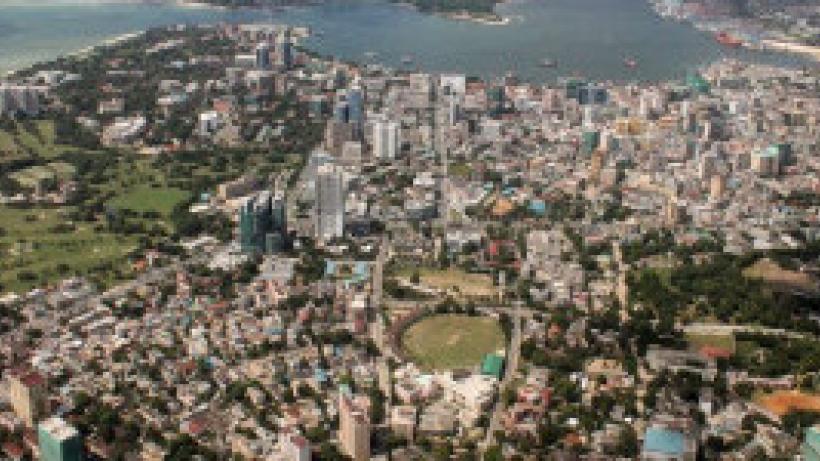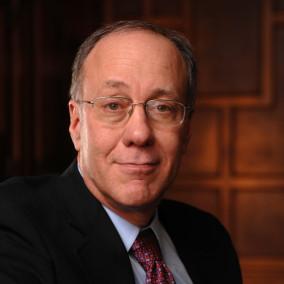
Local Foundations for Better Governance
Date: 23 June 2015
Time: 12.00-13.00
Venue: 3.05 Lincoln's Inn Fields
Speaker: Roger Myerson
Chair: Adnan Khan
On 23 June 2015, Roger Myerson (Nobel laureate and Glen A. Lloyd Distinguished Service Professor of Economics at the University of Chicago) delivered an internal lecture at the LSE on local governance. His talk was in response to a recent World Bank Research Paper, “Local Foundations for Better Governance” by Ghazala Mansuri and Vijayendra Rao which surveys theory and evidence for development strategies based on local community empowerment.
Myerson began by critiquing the World Bank focus on participatory governance, for ignoring the vital role played by local government. Instead, he argued that increasing the supply of local leaders who can manage public resources responsibly is the main contributor to economic development.
He began by discussing the history of decentralisation in developed countries – arguing that democracies that were allowed to develop slowly naturally allocated power to lower levels, but those countries that democratised quickly, typically concentrated power in the centre. Proper political decentralisation, he argued, should be based in a constitutional guarantee that local leaders lose their job for poor performance (through local elections). This point segued into a discussion of the World Bank report, which advocates for citizen empowerment.
The discussion moved on to Myerson’s theoretical model of local governance, published in the Quarterly Journal of Political Science in 2006. He argues that there is a small cost, paid for by local citizens, to replace the leadership (this cost manifests itself in training or through exit based corruption). This cost may be worth it, but only if there is a possibility that the new leader will be a non-corrupt. In a country with a history of corruption, citizens will not hold much trust in local leaders.
He also argued that citizens need to be able to hold local governments to account, and to do this, they need information about the amount of money given to local governments, the public investments they were to undertake, and the quality of those investments. Donors should be informing the public about money given to politicians, and discussing the outcomes of that grant, good or bad.
Finally, he put forward three policy recommendations:
- The World Bank should consider expanding direct financial assistance to local governments. It came out in discussion that the EBRD can lend to lower levels of government and don’t need the central governments to guarantee such loans. Granting money to local governments is a way of strengthening them and rewarding them for good performance. It also gives local government power to challenge central government.
- A scholarship programme for promising young journalists should be considered, to encourage them to critique public investments and hold local leaders to account.
- The World Bank should actively promote comparative subnational politics to obtain more information as to the effect of decentralisation.


